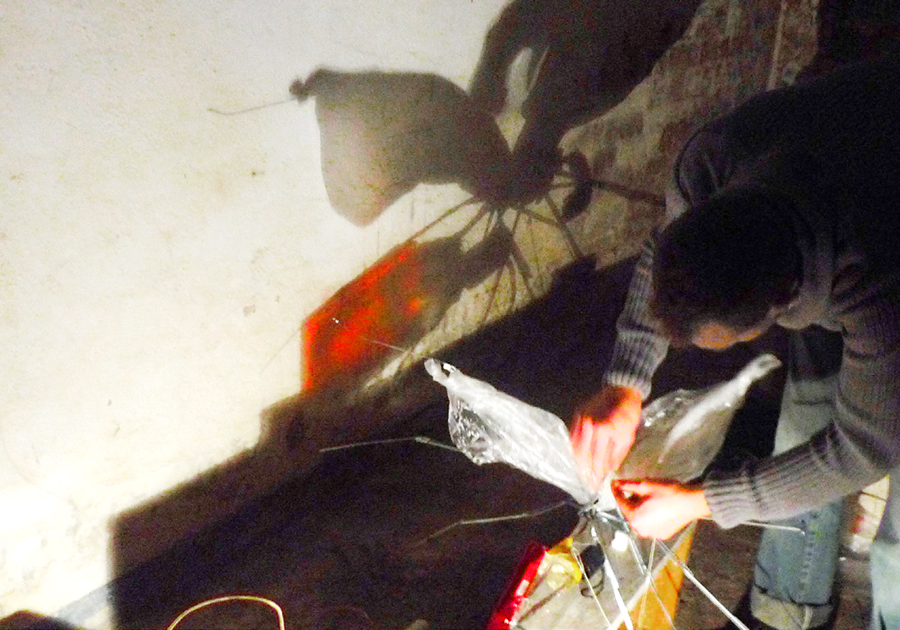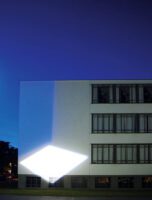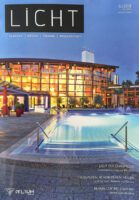10 points for designing creative processes
- Leisure – creating space for playful-experimental situations
- Working atmosphere – create or search for thematically stimulating contexts
- Feeling of pleasure – finding an emotionally motivating attitude to the topic
- Interest – Finding a mentally motivating perspective on the topic
- Reflection – perception and evaluation of the course of the process
- The flow of ideas – making the journey the destination and going on a voyage of discovery
- Synergies – participatory learning and autonomous thinking in discourse
- Inspiration – seeking socio-cultural and interdisciplinary exchange
- Improvisation – cultivating spontaneity and gut feeling on the fly
- Originality – focus on the search for ideas and personality development
Organizer’s concept for the lecture series
Creativity and learning are closely linked in many didactic questions and practical designs. Wilhelm Ebert already discussed this in the 1970s in his monograph “Creativity and Art Education”. However, when we talk about learning in art today, there is not always a uniform understanding of what should be learned at all. While some speak of aesthetic learning, others see artistic processes or the formation of ideas as central to learning in art lessons. However, creativity is given little consideration in many current theories and discussions. Creativity is still regarded more as an ill-defined term, too worn out by its inflationary use, for example in the hobby and craft industry, but also in many justification structures for art education. However, little consideration is given to the fact that creative thinking and acting can be understood as a core competence of artistic design and can therefore make an important contribution to learning in the subject of art.
The lecture series aims to take a closer look at the connection between creativity and learning in art and discuss it from different perspectives and art education positions. Theoretical and empirical contributions as well as contributions from school practice form the basis for this.
Lecture series “Creativity in the current art education discourse”
Lecture by Prof. Dr. Axel Buether “Teaching and learning creativity”
May 09, 2016 18:00 – 19:30
Alanus University of Arts and Social Sciences
Alanus University of Arts and Social Sciences
Villestrasse 3 – 53347 Alfter
Location: Campus II, Villestraße 3, 53347 Alfter



